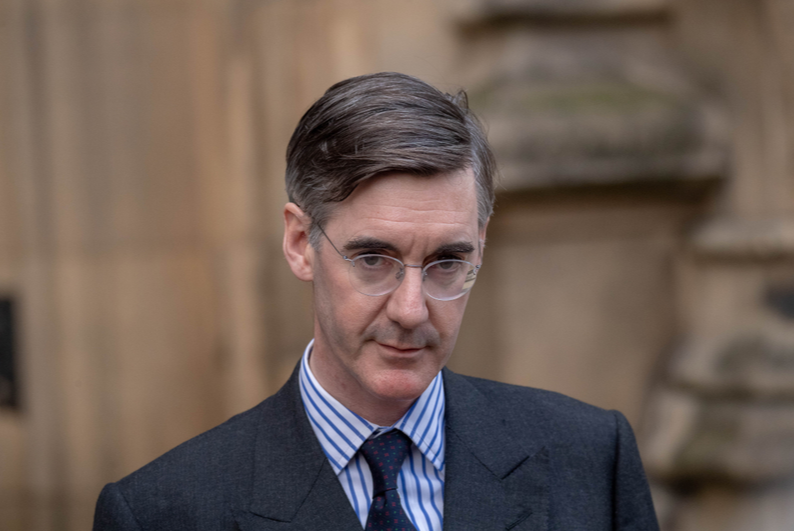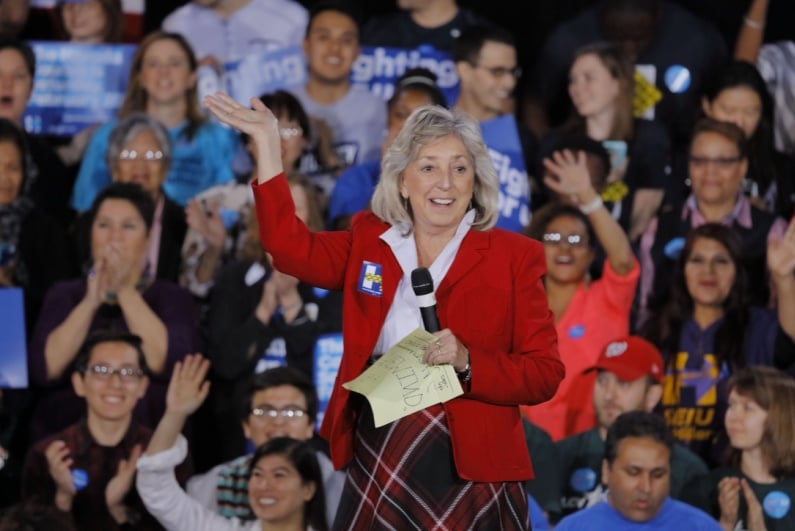MPs in disagreement
In 2020, the UK government decided to take a closer look at the nation’s gaming laws. The Gambling Act 2005 has dictated the regulation of UK operators for almost two decades, and Conservatives have asserted that it is time to update what has become “an analogue law in a digital age.”
more debate than ever among MPs
According to a report in The Times this Tuesday, the highly-anticipated Gambling Act white paper is due for release “in the coming weeks.” It’s a time that couldn’t come soon enough for anti-gambling groups, but as the deadline draws near, the topic seems to be creating more debate than ever among MPs.
Some have criticized those leading the review for backing what they have deemed a “watered down” version of the bill. This week, the first compromise on policies surfaced, with reports suggesting that MPs had axed plans to introduce a front-of-shirt gambling sponsorship ban for English Premier League teams. Instead, the teams have agreed to phase out sponsorship over the next few years.
Now, if reports are to be believed, Minister for Government Efficiency Jacob Rees-Mogg has suggested that the white paper should be ditched altogether, deeming it a “nanny state” intervention.
The debate heats up
According to a report in The Daily Mail on Friday, prominent Conservative MP Rees-Mogg is attempting to use his influence to block the white paper. The media firm has cited a Westminster source who said: “He is telling MPs that the whole thing is a load of nanny-state nonsense. It’s ideological with him – he doesn’t think the state has a role in dealing with problem gambling.”
using delaying tactics to prevent the publication of the paper
For now, the source suggests, Reese-Mogg is using delaying tactics to prevent the publication of the paper. He has supposedly asked for clarification on a series of details surrounding the reform. While a source close to the MP has denied he is attempting to block the paper, they have acknowledged that he has asked for these clarifications.
In contrast, former Tory leader Sir Iain Duncan Smith has described it as “nonsense” to label the curbs as a nanny state intervention. The MP believes gambling companies are making “huge sums from people’s misery,” also noting the prominence of suicide among gambling addicts across the country.
Scottish National Party MP Peter Grant has taken a similar stance to Duncan Smith. As reported in the Mail, he said that “every day’s delay” in publishing the white paper “costs another human life.” This week, MPs were told that 500 UK-based gambling addicts had lost their lives to suicide since the beginning of the review.
What happens next?
Despite Rees-Mogg’s efforts to delay it, Commons leader Mark Spencer is confident that the plan for gambling reform should emerge over the next few weeks. Its publication is already long overdue, with the COVID-19 pandemic causing the review to take a back seat for much of the past two years.
Although MPs have supposedly shelved the sponsorship ban for now, there are a string of other policies set to be introduced according to media reports. Government sources have revealed this will include a £2-£5 ($2.44-$6.09) staking cap for online casinos along with bans on free wagers and VIP packages for high rollers.
Some change certainly seems inbound for the UK gambling industry regardless of the intense debate over the issue. Only time will tell whether that reform will have a negative impact on the £14bn+ ($16.9+) per year industry.




